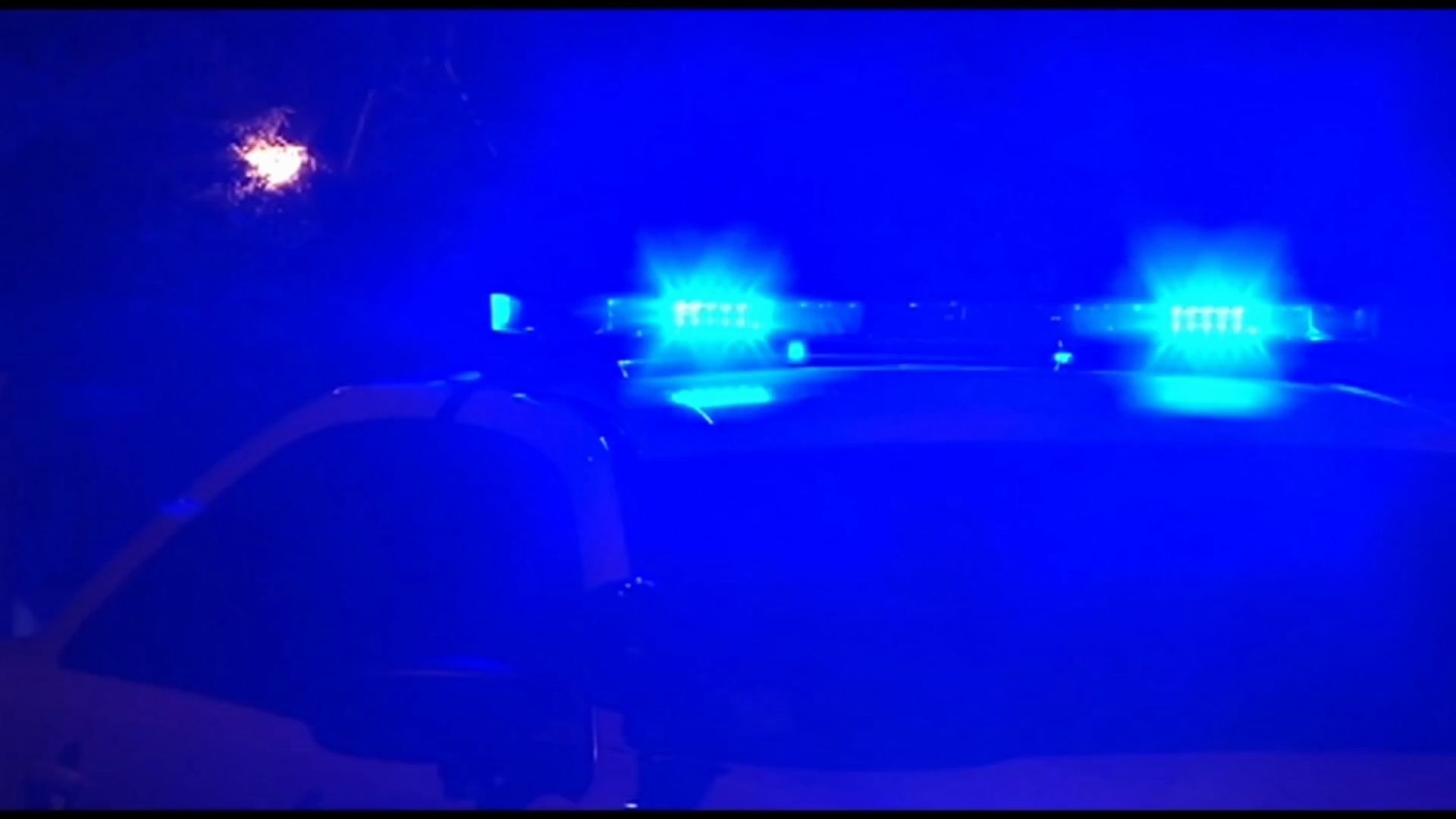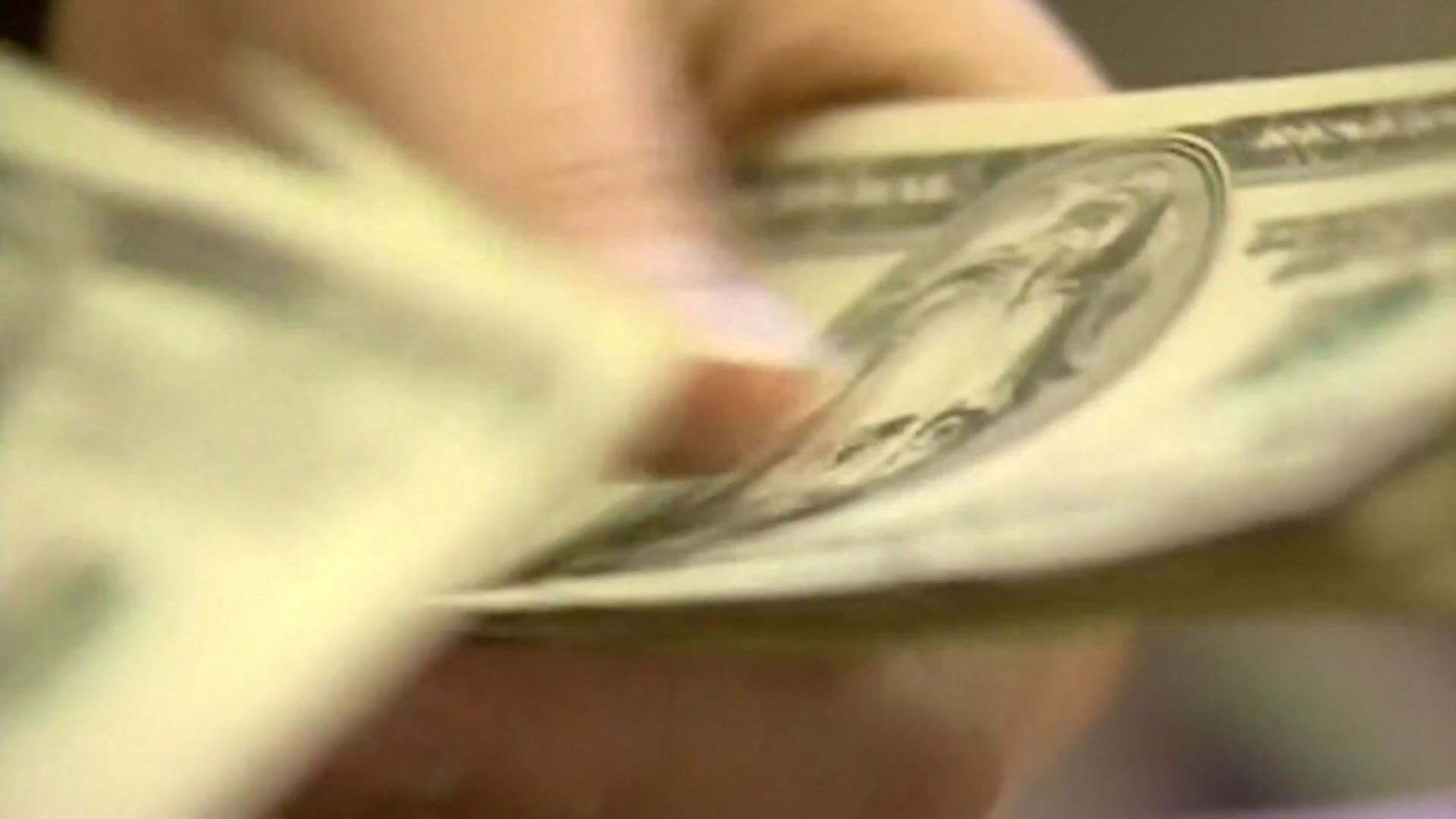Who are the darkhorse squads in the 2022 FIFA World Cup? originally appeared on NBC Sports Chicago
Croatia’s miraculous 2018 FIFA World Cup run is still embedded in many fans’ minds.
After topping Group D with a perfect 3-0-0 win-draw-loss record that saw Argentina finish in second, Croatia’s run to the final was quite an eventful one.
In the Round of 16, the Blazers defeated Denmark 3-2 in a penalty shootout after being tied 1-1 through regulation and extra time. Then in the quarterfinals, they defeated Russia – which eliminated Spain – 4-3 in a penalty shootout after being tied 2-2.
Croatia’s most impressive elimination came in the semifinals when it knocked out England in a 2-1 win thanks to Mario Mandžukić’s goal in the 109th minute. However, Croatia ultimately fell 4-2 to France in the final, which marked its best ever finish in the quadrennial tournament.
Now as the 2022 FIFA World Cup in Qatar gets underway – with several early upsets – are there any other nations that could be in line for a darkhorse run similar to Croatia’s? Let’s take a look at the squads:
Local
Serbia
There are two European nations that jump to the forefront when analyzing potential darkhorses, and the first is Serbia. The country hasn’t advanced past the group stage since 1998 (did not qualify in 2002 and 2014), but the squad in 2022 looks to be a promising one on paper. You need goals to win, and they have that quality up front with Dušan Vlahović (Juventus), Aleksandar Mitrović (Fulham) and Luka Jović (Fiorentina) as No. 9 options, with Dušan Tadić (Ajax) being a key playmaker operating behind the strikers.
Feeling out of the loop? We'll catch you up on the Chicago news you need to know. Sign up for the weekly> Chicago Catch-Up newsletter.
In the midfield, Sergej Milinković-Savić (Lazio) is one of the most underrated box-to-box players in the world. He has the ballstriking to hit the back of the net, can make key passes for assists and the physicality to tackle and win duels on defense. Filip Kostić (Juventus) is another dangerous creator on the left flank, with Nikola Milenković (Fiorentina) being a 6-foot-5 tank at center-back should the Eagles lineup with a back three. Serbia will be competing in Group G along with Brazil, Switzerland and Cameroon.
Denmark
The other top European darkhorse candidate is Denmark. Whereas Serbia possesses the top-end quality, Denmark has the depth at almost all positions. Andreas Christensen (Barcelona) and Simon Kjaer (AC Milan) with Joachim Andersen (Crystal Palace) and Jannik Vestergaard (Leicester City) as backups. Joakim Maehle (Atalanta), Rasmus Kristensen (Leeds United), Alexander Bah (Benfica) and Daniel Wass (Brøndby) are solid fullback options.
In midfield, Christian Eriksen (Manchester United) is the marquee creator while Pierre-Emile Hojbjerg (Tottenham) and Thomas Delaney (Sevilla) operate behind him as deep-lying playmakers. The Brentford duo of Christian Nørgaard and Mathias Jensen supply depth. Their attacking options include Andreas Skov Olsen (Club Brugge), Jesper Lindstrøm (Eintracht Frankfurt) Martin Braithwaite (Espanyol), Mikkel Damsgaard (Brentford) and Kasper Dolberg (Sevilla), among others, with Kasper Schmeichel (OGC Nice) as the goalkeeper.
Denmark is competing in Group D with France, Australia and Tunisia, and it wouldn’t be particularly surprising if it upsets the defending champions and finishes first.
Uruguay
While not technically a darkhorse thanks to its historic international pedigree, Uruguay has a well-balanced squad that won’t be easy to beat. Fernando Muslera (Galatasaray) returns as the goalkeeper with Diego Godín (Velez Sarsfield), Ronald Araújo (Barcelona) and José María Giménez (Atletico Madrid) as the prominent defenders. In front of them in the midfield are Federico Valverde (Real Madrid), Rodrigo Bentancur (Tottenham), Lucas Torreira (Galatasaray) and Nicolás de la Cruz (River Plate), all of whom provide attacking and defensive versatility.
Then they have the goal-scoring prowess up top with three world-class strikers. Luis Suárez (Nacional), Darwin Núñez (Liverpool) and Edinson Cavani (Villareal) are a magnificent trio to have, with Orlando City’s Facundo Torres looking to break out on the international stage after a fine 2022 campaign. Uruguay is in Group H with Portugal, Ghana and South Korea.
Senegal
African nations had a difficult time progressing in 2018 as none of the five teams made it out of their respective groups. But there are two nations in 2022 that could be darkhorses, with Senegal coming up first after a third-place group finish in 2018. The 2021 African Cup of Nations winners have a solid squad on paper, even without Bayern Munich star Sadio Mané, who isn't competing due to a late injury. The squad still includes Boulaye Dia (Salernitana), Ismaïla Sarr (Watford), Krépin Diatta (AS Monaco) and Bamba Dieng (Marseille) with a defensive-minded midfield including Idrissa Gueye (Everton), Pape Gueye (Marseille) and Cheikhou Kouyaté (Nottingham Forest).
The backline also looks propitious, with Kalidou Koulibaly (Chelsea), Abdou Diallo (RB Leipzig), Ismail Jakobs (AS Monaco) and Youssouf Sabaly (Real Betis) being a potential back four. Edouard Mendy (Chelsea) is the starter at goalkeeper with Alfred Gomis (Stade Rennais) as the backup. Senegal is in Group A with Netherlands, Ecuador and Qatar.
Ghana
Group H has another potential darkhorse. Along with Uruguay, Ghana has some intriguing players that could fight for second place, barring a Portugal fall. Thomas Partey (Arsenal) will be at the heart of their build-up play with the Ayew brothers, André (Al Sadd) and Jordan (Crystal Palace), also playing key roles on the wings. Iñaki Williams (Athletic Club) recently switched his national team allegiance from Spain to Ghana – he was eligible to do so since he didn’t have any senior caps with Spain – and will be vital as the striker. Look for Mohammed Kudus (Ajax) and Kamaldeen Sulemana (Stade Rennais) to potentially break out, with Kudus already doing so in the UEFA Champions League group stage this season.
Then in their backline, right-back Tariq Lamptey (Brighton) is a speedster who also recently swapped national teams after not getting a cap with England, with Daniel Amartey (Leicester City), Mohammed Salisu (Southampton) and Alexander Djiku (Strasbourg) as the center backs and Baba Rahman (Chelsea loanee) at left back. Goalkeeper is the main weakness in the squad, so it’ll be interesting to see if someone can step up against strong Portuguese and Uruguayan attacks if the Black Stars are to advance.
Honorable mentions
Japan
Japan has two top defenders in Takehiro Tomiyasu (Arsenal) and Ko Ikatura (Monchengladbach) along with sleek creators in Daichi Kamada (Frankfurt), Kaoru Mitoma (Brighton), Takefusa Kubo (Real Sociedad) and Ritsu Doan (Freiburg). Japan is in Group E with Germany, Spain and Costa Rica and could fight to advance after an opening match upset over Germany.
Switzerland
Switzerland is usually known to have some upsets in international tournaments. Granit Xhaka (Arsenal) captains the side with Xherdan Shaqiri (Chicago Fire), Breel Embolo (Monaco), Ricardo Rodriguez (Torino) and Fabian Schär (Newcastle) being key outfielders. Yann Sommer (Monchengladbach) and Gregor Kobel (Borussia Dortmund) are two elite goalkeepers to have in the fold. Switzerland is in Group G with Brazil, Serbia and Cameroon and will battle it out for second barring a Brazil collapse.



